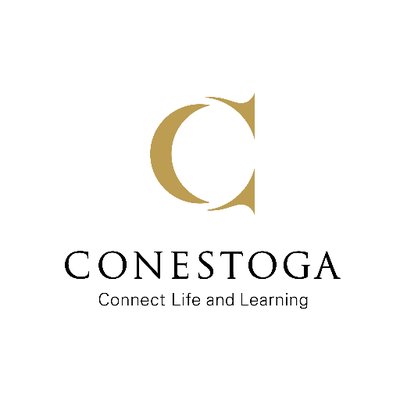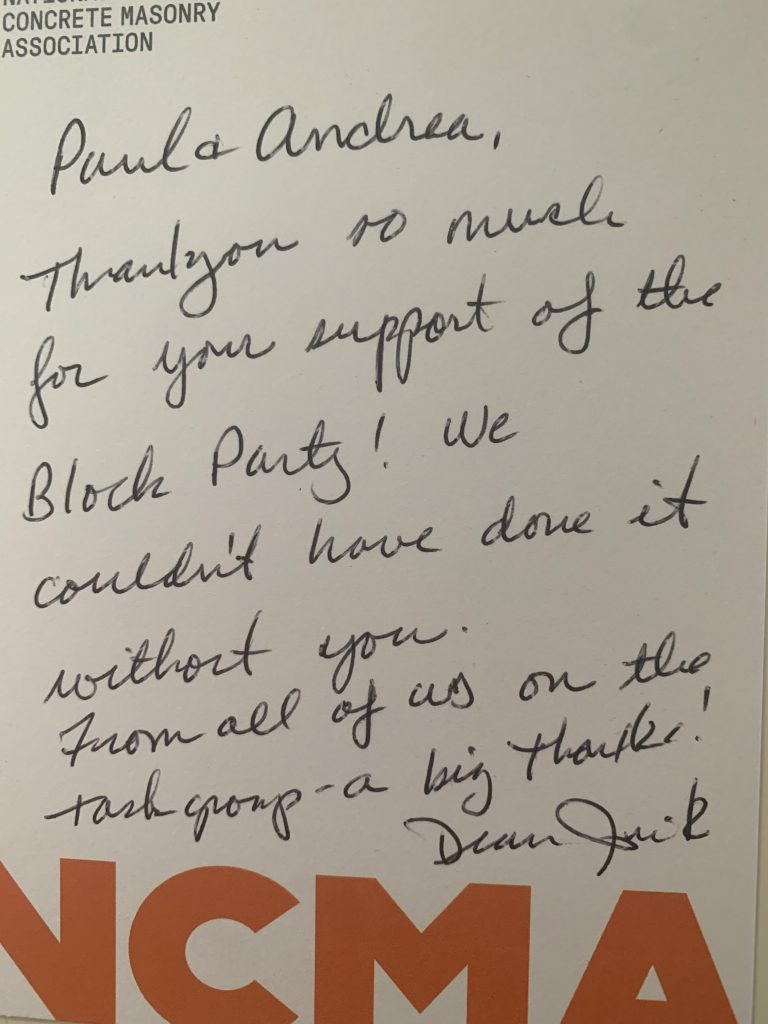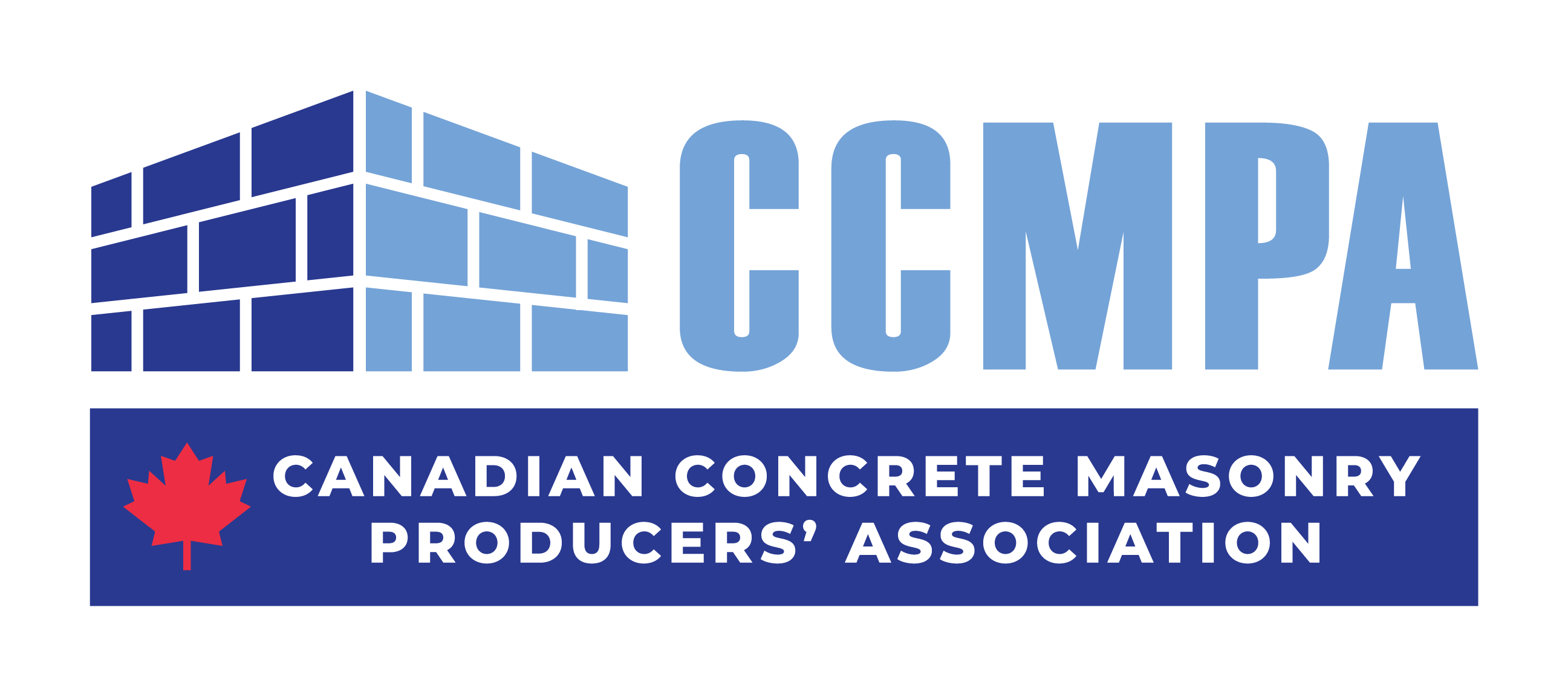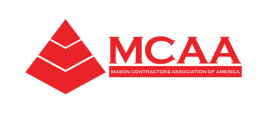
Dear Members and Industry Affiliates,
We hope that this note finds you all healthy during these changing times, and that you are settling into the “new normal”.
Here in Ontario, the majority of the province is entering into Stage 3 of re-opening and we are seeing a semblance of a return to normality. Production and shipping numbers look to have had a strong Q2 close, a positive start in Q3, and we are hoping to see continued increases.
Over the past months we have worked to keep the membership up to speed on the changing environment and industry landscape through a partnership with NCMA and ICPI to streamline industry communications across North America (story below).
But that’s not all we’ve been doing!
Our main focus of late is that we have taken up a more active defense against Mass Timber by forming industry partnerships. Our core focus is changing the narrative about Co2 and concrete block, also debunking the myths put forward by the Mass Timber industry. For example, we teamed with Concrete BC (and other industry affiliates) to challenge the BC provincial government around their continued promotion of mid-rise timber buildings, as well as working with the CAC and CCMPA membership to submit a formal response to an RFI from the GC regarding the upcoming mandate around GUL on federal projects (story below).
Currently, we are working with the provincial government to assess, understand and close the funding gaps that are forecasted for all training / apprenticeship programs with the new health guidelines as we begin to approach the September program start.
As we move forward through this pandemic, CCMPA will continue to endeavor to support it’s membership in any way possible.
As always, we welcome all feedback, comments or concerns,
A.McChesney@CCMPA.ca
Keep healthy & stay in touch!
All our best,
Concrete Block is Cutting Carbon. Now.
CCMPA would like to give a shout out to our members, many of whom are actively and aggressively pursuing the reduction of their respective carbon footprints in the production of concrete block. My recent study revealed that an impressive 70% of all concrete block in Canada is now being produced with GUL (PLC) (Or other low carbon SCM blends), instead of the traditionally used GU; this fact means that concrete block production is setting an industry-wide precedent in the utility of, and conversion to, lower carbon cement / cement blends. We are still facing logistical challenges in Atlantic and the Midwest, but we will continue until we reach 100% conversion.
If you have any questions, concerns, feedback please reach out to me directly
A.McChesney@CCMPA.ca

Good News Story!
NCMA, ICPI and CCMPA work together on Covid 19 Crisis Communication
https://www.concretebusinessupdate.org/
Over the past four months our team has worked at keeping our North American members up to date on the latest press releases and announcements around the Covid 19 crisis as it continues to evolve. CCMPA would like to formally thank both NCMA and ICPI for teaming up with us in this endeavor. Updates on the Covid pandemic will continue to be posted on the website.
Top of Mind:
Industry Terminology Simplified
LCA vs. LCCA
Life Cycle Assessment (LCA): refers to the total environment impact of a product, building or service. LCA: Evaluates the material and energy flows for a product from cradle to grave, including raw material extraction, material processing, manufacturing, distribution, use, repair and maintenance, and disposal or recycling.
Life Cycle Cost Assessent (LCCA): provides guidelines for performing life cycle cost analysis of buildings and constructed assets. A LCCA is a mathematical formula which; identifies the strategy that yields the best and most cost-effective solution by accounting for the expected performance and cost over the analysis period of each alternative.
Shovel Ready vs. Shovel Worthy Projects
Shovel ready: a phrase used to describe a construction project that is considered to be at an advanced enough stage of development for building to begin soon. The term is mainly used when referring to projects that, if given stimulus money, will have the most immediate impact on employment and the economy.
(https://www.investopedia.com/terms/s/shovel-ready.asp)
Shovel Worthy: While there is still no official definition for Shovel Worthy projects by the Government of Canada, these projects can be understood as those which are “successful infrastructure investment is the product of sound, meaningful and effective long-term planning […] involving all orders of government – and strong coordination among them – critical to strategic decision-making, particularly for infrastructure projects that will likely have the greatest impact on economic growth and productivity.”
(https://rccao.com/media/TheVoice_Shovel_Worthy.pdf)
Green Procurement:
Green procurement is about procuring goods and services with a reduced environmental impact. Environmental performance is considered along with other priorities such as price, availability, quality and performance. Green procurement benefits the environment by reducing greenhouse gas emissions, the use of hazardous and toxic substances, and pollution, including plastic waste. It also supports the Canadian economy by creating new markets for innovative products and services.
The Government of Canada strives to buy environmentally preferable goods and services. We consider the environmental performance over its entire life cycle when deciding whether or not to buy a particular good or service.
(https://www.canada.ca/en/treasury-board-secretariat/services/innovation/greening-government/green-procurement.html)
Circular Economy:
A framework for an economy that is restorative and regenerative by design.
Looking beyond the current take-make-waste extractive industrial model, a circular economy aims to redefine growth, focusing on positive society-wide benefits.
It is based on three principles:
- Design out waste and pollution
- Keep products and materials in use
- Regenerate natural systems
It entails gradually decoupling economic activity from the consumption of finite resources, and designing waste out of the system. Underpinned by a transition to renewable energy sources, the circular economy model builds economic, natural, and social capital.
(https://www.ellenmacarthurfoundation.org/circular-economy/concept)

2020 is an Election Year for CCMPA!
CCMPA would like to thank our current Board of Directors members for their active participation to date. Over the coming months, we will be sending out applications for Board of Directors positions in the upcoming election. Elections will be finalized at the AGM in November (save the date notice below).

RFI: In Consideration of setting requirements for low carbon cement and concrete for the Government of Canada (EN578-200001)
On July 17th, 2020 CCMPA submitted a formal response to the RFI mentioned above. In addition, we included several letters from individual members and industry affiliates. Q1 2021 will see GUL/PLC mandated on all GC federal projects, and we want to ensure your businesses are informed and prepared. If you have questions on this, reach out to Andrea McChesney directly.’
See the CCMPA RFI Response here: https://ccmpa.ca/2020/07/gc-rfi-low-carbon-cement-mandate/

CCMPA is passionate about our support for tomorrow’s masons!
“The brick and stone programs at Conestoga College would not be the same without the support of the CCMPA. The entrance bursaries, achievement awards, and the Red Seal Jackets provide our students with recognition of their choices, hard work and accomplishments. This support speaks to the commitment of the CCMPA to investing in the future of the industry. Conestoga is truly grateful to the CCMPA for their on-going generosity.”
Suzanne Moyer, Chair – Trades and Apprenticeship
Conestoga College Institute of Technology and Advanced Learning
2020 CCMPA Masonry Award Recipients
CCMPA Top Student Awards ($500.00):
Josiah Nahwegahbow
Nico Ross
Calvin Ysinga
William Baxter
CCMPA Leadership Award ($750.00):
William Baxter


CCMPA AGM, Holiday Luncheon
At this point, CCMPA is still planning to host our AGM & Annual Holiday Luncheon on November 27th, 2020 at The Grand Chalet in Milton, Ontario. It’s a large venue and there is a lot of space for social distancing and other required protocols to keep us all safe. Hope to see you there!

Written by:



